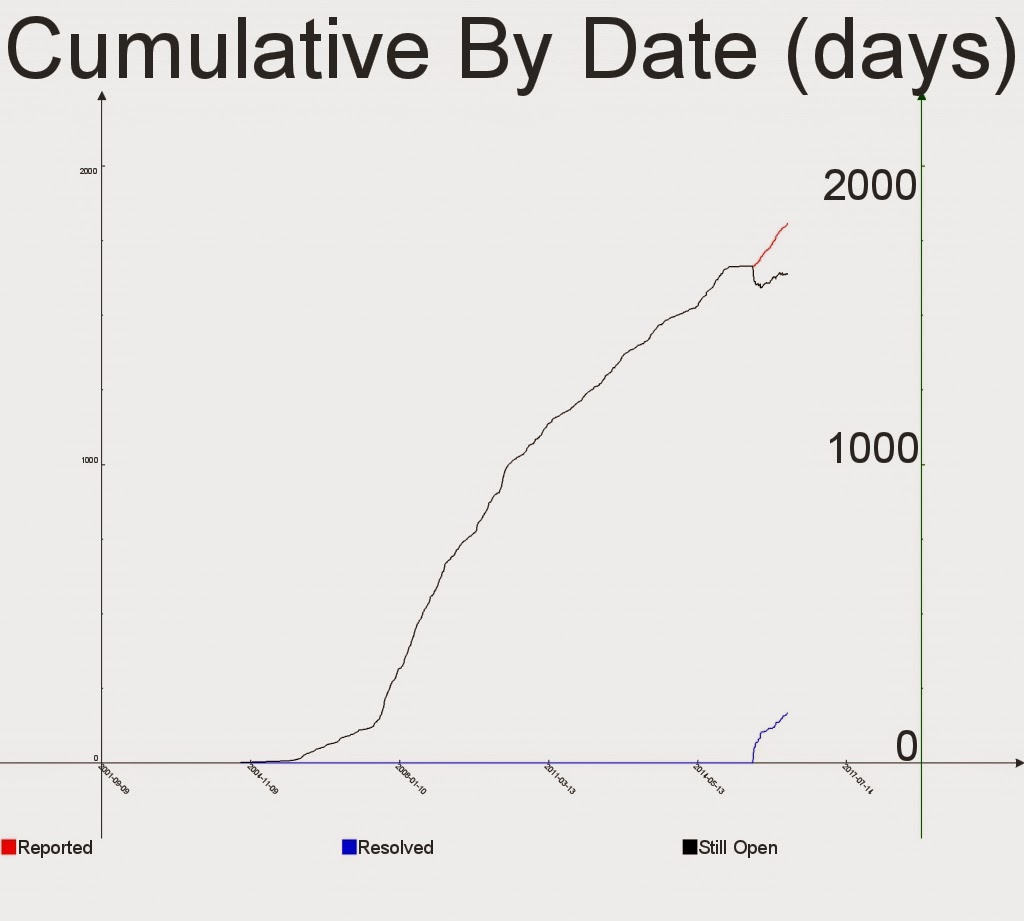Boy I love rumours. Recently I ve heard two, which I ought to put to rest now everybody s calmed down from recent events.
kFreeBSD isn t an official Jessie architecture because <insert systemd-related scare story>
Not true.
Our sprint at ARM (who kindly hosted and caffeinated us for four days) was timed to coincide with the Cambridge Mini-DebConf 2014. The intention was that this would save on travel costs for those members of the Release Team who wanted to attend the conference, and give us a jolly good excuse to actually meet up. Winners all round.
It also had an interesting side-effect. The room we used was across the hall from the lecture theatre being used as hack space and, later, the conference venue, which meant everybody attending during those two days could see us locked away there (and yes, we were in there all day for two days solid, except for lunch times and coffee missions). More than one conference attendee remarked to me in person that it was interesting for them to see us working (although of course they couldn t hear what we were discussing), and hadn t appreciated before that how much time and effort goes into our meetings.
Most of our first morning was taken up with the last pieces of architecture qualification, and that was largely the yes/no decision we had to make about kFreeBSD. And you know what? I don t recall us talking about systemd in that context
at all. Don t forget kFreeBSD already had a waiver for a reduced scope in Jessie because of the difficulty in porting systemd to it.
It s sadly impossible to capture the long and detailed discussion we had into a couple of lines of status information in a bits mail. If bits mails were much longer, people would be put off reading them, and we really
really want you to take note of what s in there. The little space we do have needs to be factual and to the point, and not include all the background that led us to a decision.
So no, the lack of an official Jessie release of kFreeBSD has very little, if anything, to do with systemd.
Jessie will be released during (or even before) FOSDEM
Not necessarily true.
Debian releases are made when they re ready. That sets us apart from lots of other distributions, and is a large factor in our reputation for stability. We may have a target date in mind for a freeze, because that helps both us and the rest of the project plan accordingly. But we do not have a release date in mind, and will not do so until we get much closer to being ready. (Have you squashed an
RC bug today?)
I think this rumour originated from the office of the DPL, but it s certainly become more concrete than I think Lucas intended.
However, it is true that we ve gone into this freeze with a seriously low bug count, because of lots of other factors. So it may indeed be that we end up in good enough shape to think about releasing near (or even at) FOSDEM. But rest assured, Debian 8 Jessie will be released when it s ready, and even we don t know when that will be yet.
(Of course, if we do release before then, you could consider throwing us a party. Plenty of the Release Team, FTP masters and CD team will be at FOSDEM, release or none.)
On kFreeBSD and FOSDEM is a post from:
jwiltshire.org.uk Flattr

 I would like to publicly apologise for the inconvenience caused by my
recent updates to the mediawiki and mediawiki-extensions
source packages in Debian wheezy (stable-security).
As for reasons I m doing Mediawiki-related work at my dayjob, as part
of
I would like to publicly apologise for the inconvenience caused by my
recent updates to the mediawiki and mediawiki-extensions
source packages in Debian wheezy (stable-security).
As for reasons I m doing Mediawiki-related work at my dayjob, as part
of